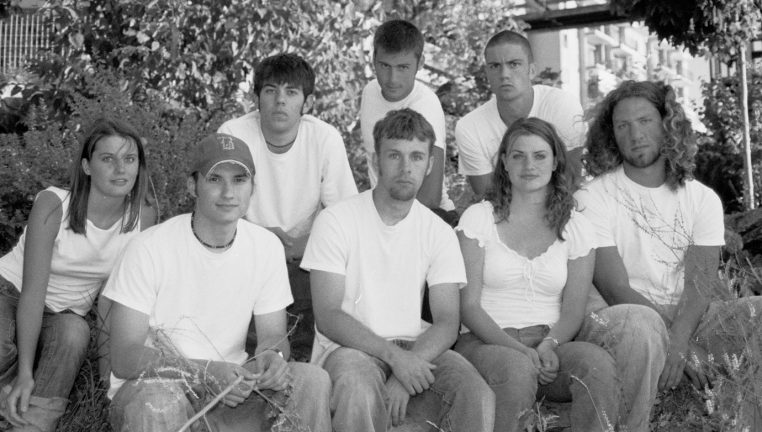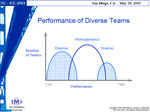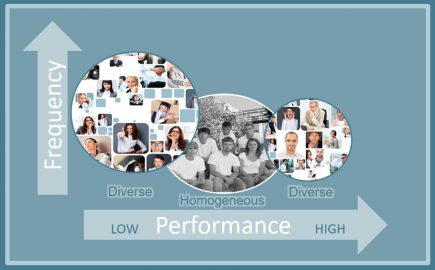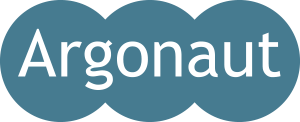Are we getting better at working in diverse teams?
Apr 29, 2016 · by Richard Farkas

At Argonaut we’ve long had much respect for the original research of Professors Joe DiStefano and Martha Maznevski of the IMD Business School and the consultants and trainers working with models based on it.
It’s a cool-headed reality check against the idea that diversity always brings benefits in business. In fact diversity brings enormous potential benefits, but unlocking the potential requires something that not all teams and organisations have.
Diverse teams outperform homogeneous teams, but not automatically
DiStefano and Maznevski’s work showed that most diverse teams had not succeeded in unlocking the potential benefits and were performing even worse than homogeneous teams.

Only a minority of diverse teams were able to outperform homogeneous teams. Those were the teams that had good understanding of cultural difference, communicated effectively about their diversity and had practical techniques for managing differences.
That was back in the early 2000s. We wondered how had the situation changed. What would the research results look like today?
Have we got better at working in diverse teams?
In recent years, we’ve certainly grown our experience of working in diverse teams. Figures from the OECD show several European countries where over 40% of employment exists in organisations under foreign control. Indicators of the globalisation of working life are remarkable for their continuous upward trends, including ownership, HR policies, project collaboration, education and many more areas.
Has that increased experience also increased the intercultural competence of workers? We suspect that the trend is in the right direction, but that intercultural competence is not increasing as fast as the international nature of work itself.
There is an expanding need for international competences as the number of diverse teams grows, talent becomes mobile, organisations build global supply chains and technologies connect distant co-workers.
Organisations which invest in building multicultural competence get the high-performing teams

We believe that the best diverse teams will continue to out-perform the best homogeneous teams and achieve far more than the poor-performing diverse teams . The poor-performing diverse teams lack the tools to unlock the potential of diversity.
There are solutions. Numerous models are available which aim to unlock the potential of diversity in working life. Most come back to a few common ideas: understanding, acceptance and adjustment.
In our company, we celebrate our customers’ teams who are achieving great results by using their diversity as a driver of success. We aim to be among those high-performing teams ourselves. For Argonaut, success looks like a world where we’ve played a part in shrinking the number of low-performing diverse teams and where most teams have discovered the keys to unlock their true potential.
